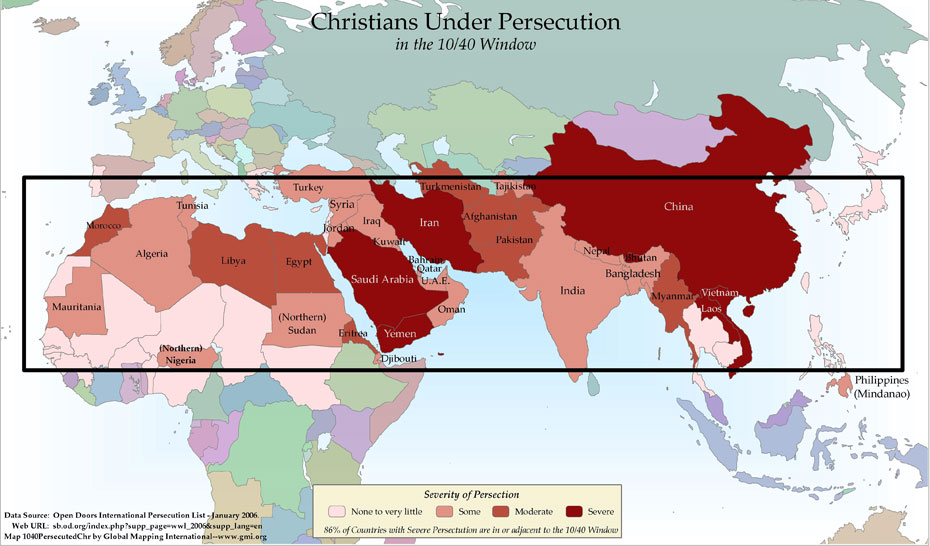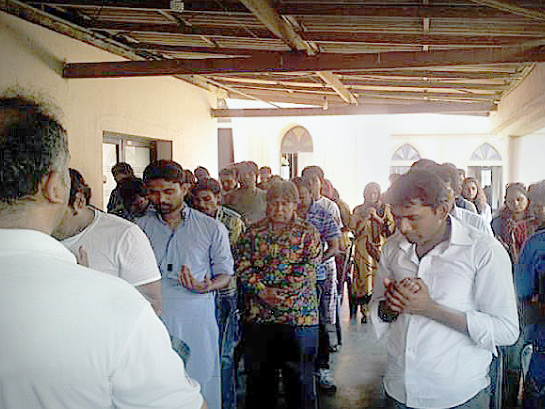
My mother died a few days ago. She was a remarkable godly woman. I’m reflecting on death as a Christian. John 11 comes to mind. How should we respond to death? It is natural and good to mourn the loss of a loved one. In John 11, Lazarus was sick. Lazarus died. Jesus loved Lazarus. Jesus saw the grief to others caused by the death of Lazarus (33). The emotions of the moment overwhelmed him. And so Jesus wept. As fellow humans with Jesus, we can relate. When my mother died, I wept. But I would weep again, hard, when I’d see my brother weep or my children weep. The death of loved ones hurt, even when or if we believe true and comforting things about them. Jesus wept despite believing that Lazarus was in a better place. Jesus wept despite knowing that Lazarus was no longer suffering. He referred to the death of Lazarus as sleep (no suffering, temporary, see verse 11). These Jesus knew both to be true. And still, Jesus wept. He wept because Jesus is human, with all the emotions that come with that. But Jesus also wept because, as God, he knew the meaning of and reason for death. Evil, moral and natural, including death, pain and suffering, is a result of sin brought into the good world that God the Son created in the beginning. So Jesus wept.
But Jesus also comforted those who wept with Him over Lazarus by telling them the purpose of this providential moment. Jesus raised Lazarus from the dead; he commanded the stone to be removed and called Lazarus forth from it. By raising Lazarus from the dead, Jesus was demonstrating to onlookers that the Son of Man has power over death. Christ, and not death, will have the final word in this fallen world. He had already said to Mary and Martha, the sisters of Lazarus: “Your brother will rise again” (23). Martha said to him, “I know that he will rise again in the resurrection on the last day.” Jesus said to her, “I am the resurrection and the life. Whoever believes in me, though he die, yet shall he live, and everyone who lives and believes in me shall never die. Do you believe this?” She said to him, “Yes, Lord; I believe that you are the Christ, the Son of God, who is coming into the world.”
Now notice the second response to death, given here by Martha, believe or trust in Jesus. The resurrection that Jesus performed was not intended to impress, it was not an end in itself, it was not to inspire people to be nice (although raising Lazarus was certainly an act of profound compassion and kindness). So then why did Jesus perform the resurrection? What response did he intend to elicit? Jesus said that God had sovereignly brought about this occasion, the illness and death of Lazarus, “for the glory of God, so that the Son of God may be glorified through it,” and “so that they [ordinary people] may believe you [the Father] sent me.” Jesus raised Lazarus to demonstrate that the Son of God has the power to resurrect dead people, those dead spiritually in their trespasses and sins and those dead physically lying in a tomb. Jesus showed that He can and will reverse the consequences of sin, spiritual and physical death. He is the “resurrection and the life” and all those who believe in Him will live an abundant life forever. How does he do this? He brings life to others by laying down his own life for them. Later in the passage, it is Caiaphas the High Priest, who gets it, albeit unwittingly, when he says to the others concerning the plot to kill Jesus (50-53): “it is better for you that one man should die for the people, not that the whole nation should perish.” He did not say this of his own accord, but being high priest that year he prophesied that Jesus would die for the nation, and not for the nation only, but also to gather into one the children of God who are scattered abroad. So from that day on they made plans to put him to death.”
I once had a young person tell me that the purpose of Jesus in the world, and any miracles he may have performed, was mainly to inspire people to be nice to one another. But is that what Jesus says was his purpose here? If Jesus only had the goal of inspiring human kindness, no one would have responded with resentment. But some did. They understand what the the resurrection of Lazarus meant. It meant, as Jesus had been teaching, that man’s only hope to escape the clutches of everlasting death was faith in Christ Himself. This drove some to believe but others to plot (45). Are you a believer or plotter? He that has ears to hear, let him hear.












 egan in Western Europe, nor has it ever been entirely confined to Western Europe. The period in which it appeared to be indissolubly linked to Western European identity was a relatively short one, lasting from the early 16th to the mid-20th centuries. The church in China, India, Ethiopia, and Iraq is older than the church in much of Northern Europe.
egan in Western Europe, nor has it ever been entirely confined to Western Europe. The period in which it appeared to be indissolubly linked to Western European identity was a relatively short one, lasting from the early 16th to the mid-20th centuries. The church in China, India, Ethiopia, and Iraq is older than the church in much of Northern Europe.








